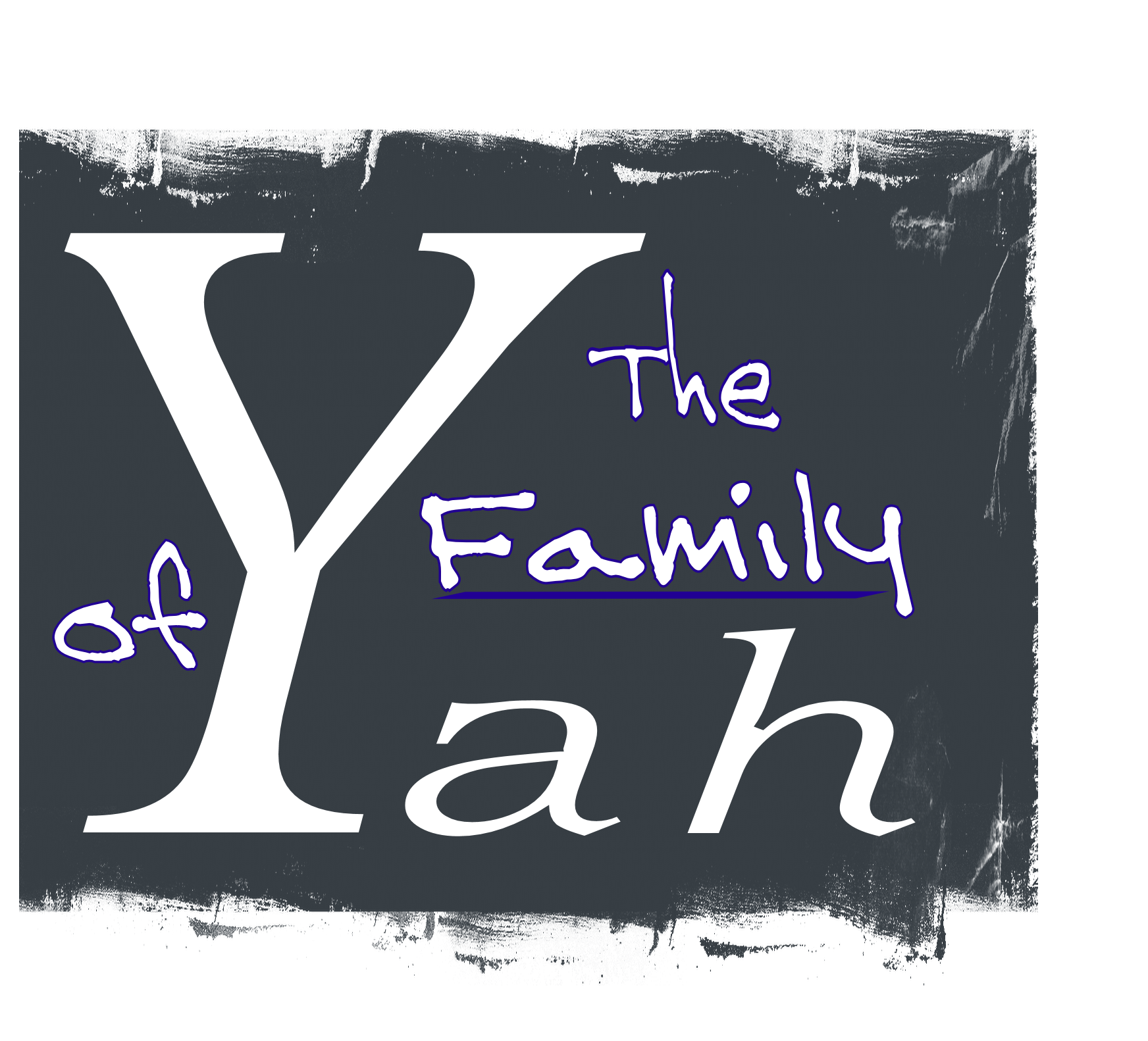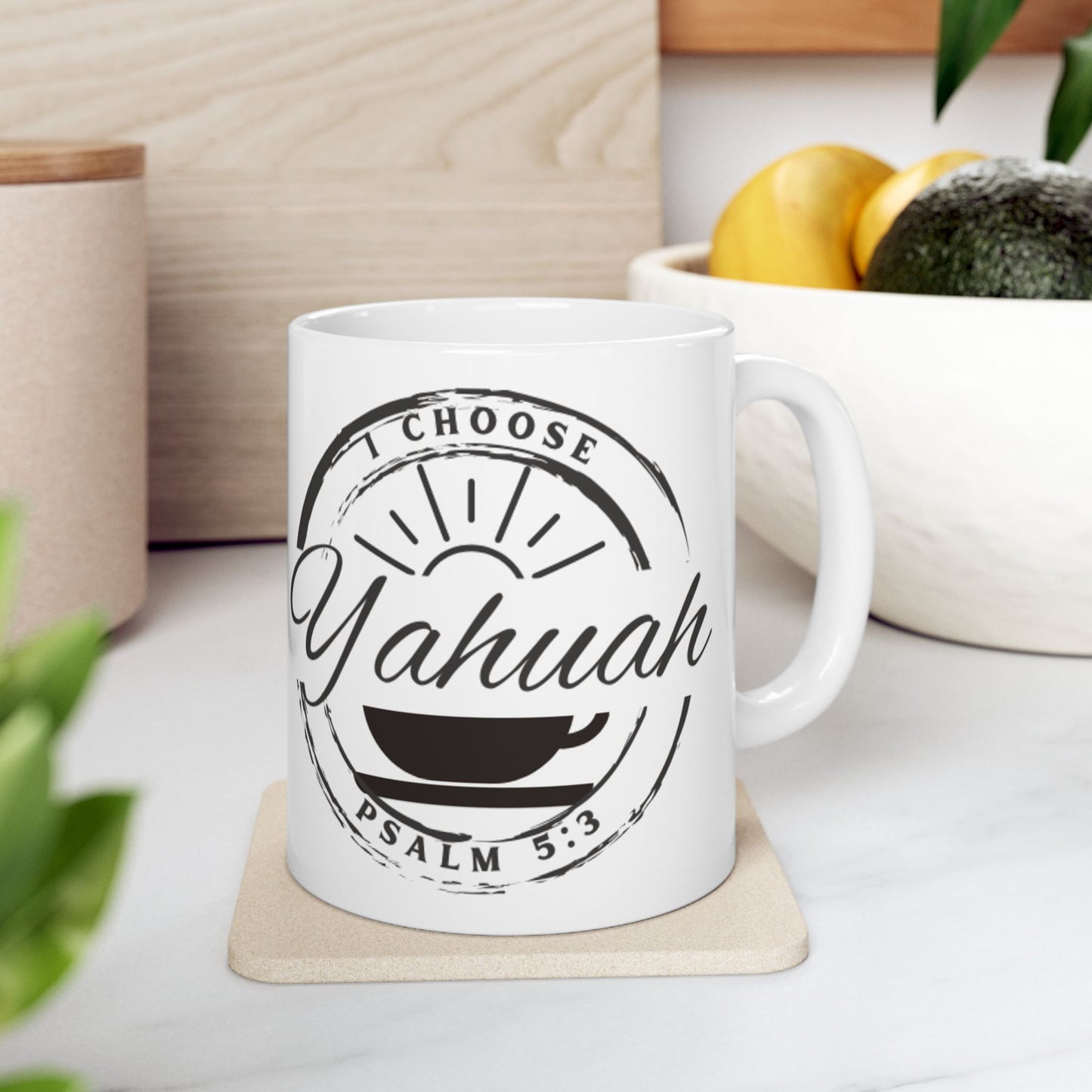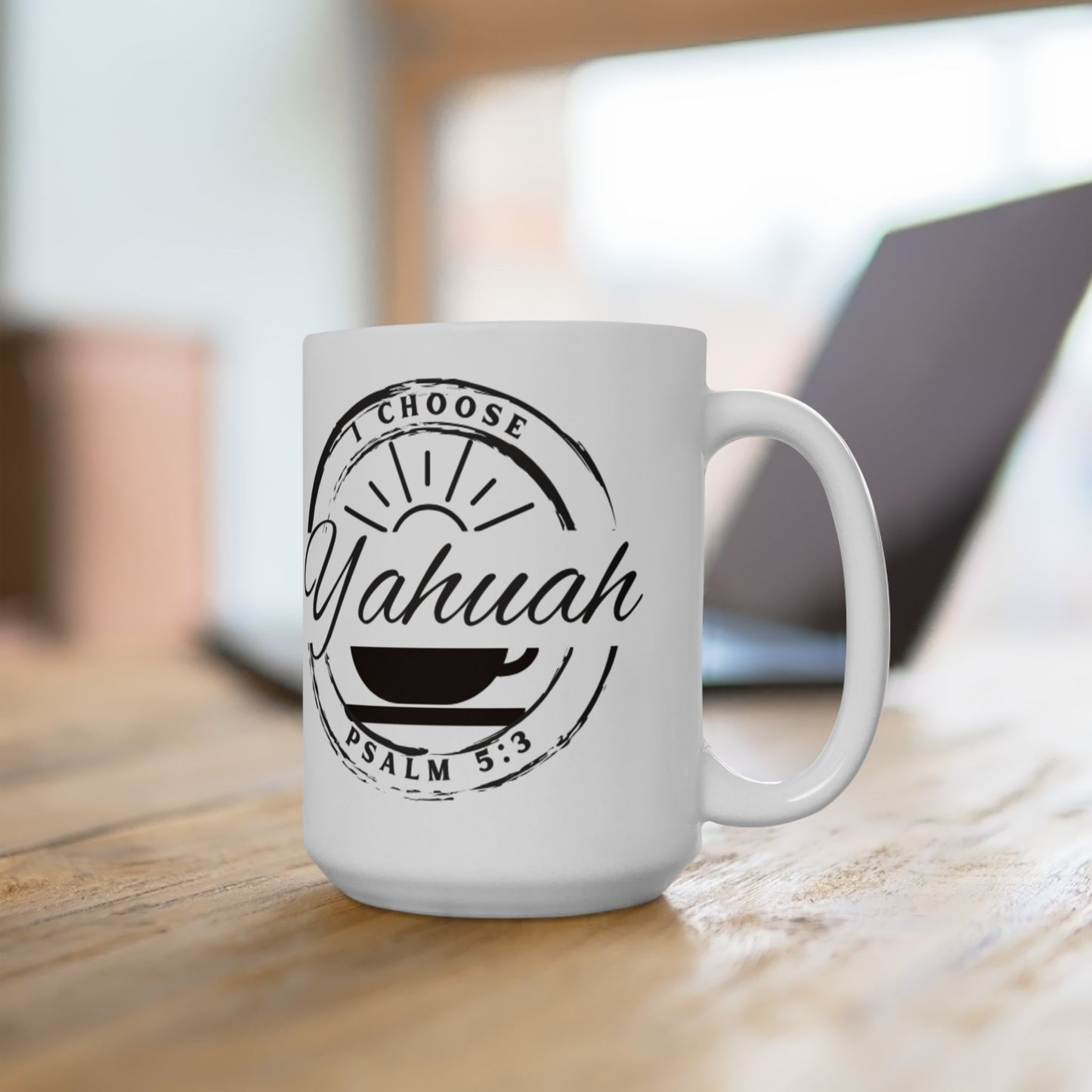Remember – Zakar
Hebrew #2142 – zakar (zaw-kar') – זָכַר
Definition: To bring to mind; to recall or become aware of someone or something from the past.
“And Elohim remembered Noaḥ, and all the beasts and all the cattle that were with him in the ark. And Elohim made a wind to pass over the earth, and the waters subsided.”
— Berĕshith (Genesis) 8:1
_________________________________________________________________________
“And Yo’aḇ son of Tseruyah was over the army, and Yehoshaphat son of Aḥiluḏ was recorder,”
— Shemu’ĕl Bĕt (2 Samuel) 8:16
___________________________________________________________________________
“And I have also heard the groaning of the children of Yisra’ĕl whom the Mitsrites are enslaving, and I have remembered My covenant.”
— Shemoth (Exodus) 6:5
___________________________________________________________________________
“I remember the deeds of Yah, for I remember Your wonders of old.”
— Tehillim (Psalms) 77:11
____________________________________________________________________________
“Remember the Torah of Mosheh, My servant, which I commanded him in Ḥorĕḇ for all Yisra’ĕl – laws and right-rulings.”
— Mal’aḵi (Malachi) 4:4
To remember is something deeply special. Imagine what life would be like if you couldn't remember your birthday or the face of someone you love. That would be… sad, right? But moving beyond that, in Scripture, remembering is far more than just mental recollection—it is active, intentional, and tied to covenant.
Elohim has told us to "remember" many times. In fact, the Hebrew word zakar appears over 230 times throughout Scripture. And as with most things in the Word, when something is repeated that often, it's because it matters.

So what does He want us to remember?
For starters, He wants us to remember our deliverance:
“And Mosheh said to the people, ‘Remember this day in which you went out of Mitsrayim, out of the house of slavery. For by strength of hand יהוה brought you out of this place, and whatever is leavened shall not be eaten.’”
— Shemoth (Exodus) 13:3
Next, He tells us to remember the Sabbath:
“Remember the Sabbath day, to set it apart.”
— Shemoth (Exodus) 20:8
He wants us to remember His commands, which is why He instructed the making of tzitzit—fringes on our garments—to serve as physical reminders:
“And יהוה spoke to Mosheh, saying, ‘Speak to the children of Yisra’ĕl, and you shall say to them to make tzitzit on the corners of their garments throughout their generations, and to put a blue cord in the tzitzit of the corners. And it shall be to you for a tzitzit, and you shall see it, and shall remember all the commands of יהוה and shall do them, and not search after your own heart and your own eyes after which you went whoring, so that you remember, and shall do all My commands, and be set-apart unto your Elohim.’”
— Bemiḏbar (Numbers) 15:37–40
He also wants us to remember His wonders, His miracles, and His righteous rulings:
“Give thanks to יהוה! Call upon His Name, make known His deeds among the peoples. Sing to Him, sing praise to Him; speak of all His wonders. Make your boast in His set-apart Name; let the hearts rejoice of those seeking יהוה. Seek יהוה and His strength; seek His face always. Remember His wonders which He has done, His miracles, and the right-rulings of His mouth.”
— Tehillim (Psalms) 105:1–5
In the book of Hebrews, we are encouraged to answer the call to remember and not forget.
"And do not forget to do good and to share, for with such slaughter offerings Elohim is well pleased."
— Iḇ`rim (Hebrews) 13:16
So, don't forget to remember.
Don't forget to remember your Elohim or what He has done for you, because it is not small. It is everything. Remember to be good to those who labor among you and to share. These remembrances are pleasing to Elohim. Engaging in meaningful acts not only brings joy to Elohim but also helps strengthen the bonds within your community. Remember and share His wonders, His miracles, and His right rulings with others.
These remembrances are pleasing to Elohim.
– AS
Shalom.



















